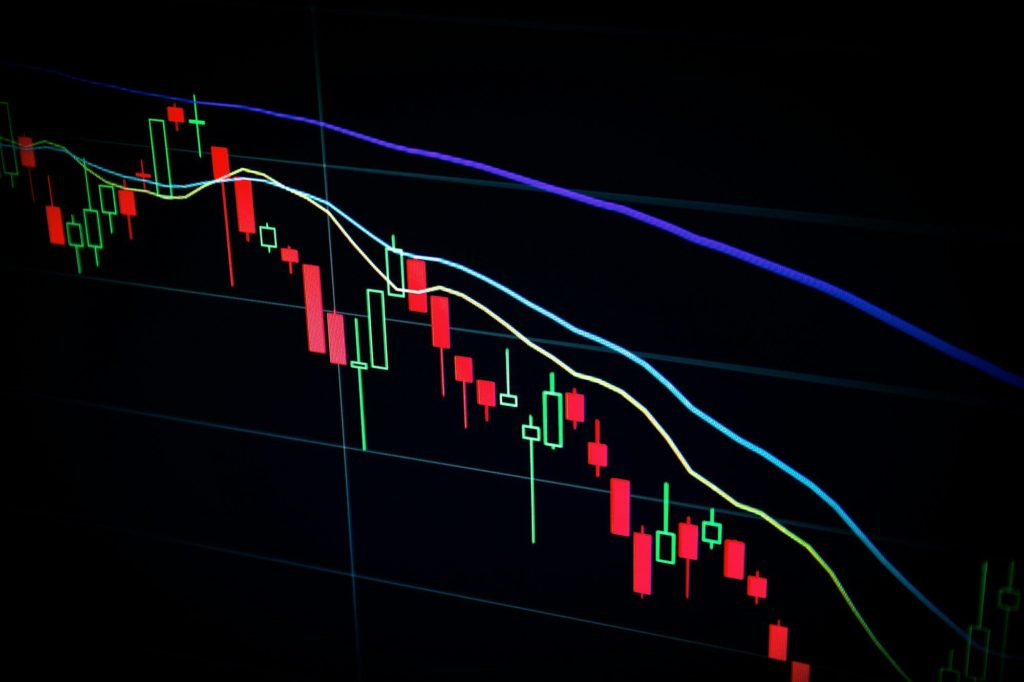US stocks struggled on Thursday as investors digested the impact of President Trump’s newly announced auto tariffs. The S&P 500 (GSPC) dipped 0.4%, while the Dow Jones Industrial Average (DJI) fell nearly 0.5%. The Nasdaq Composite (IXIC) fluctuated between gains and losses before settling down around 0.4%.
Trump's executive order, imposing a 25% tariff on foreign-made automobiles, sparked fresh concerns about a potential trade war with key partners. Further escalating tensions, Trump warned of even steeper tariffs on Canada and the EU if they retaliate – these developments spurred investor anxiety, weighing on global automakers and broader market sentiment.
Market Movers:
- General Motors (GM) -7%: GM shares took a hit as analysts flagged potential headwinds from Trump's tariffs. With 52% of its vehicles made outside the US, GM faces steep import costs, raising fears of price hikes and softer demand.
- Stellantis (STLA) -1% and Ford (F) -1%: Both automakers slipped as investors assessed their exposure to the new levies. Stellantis, with a significant European footprint, is particularly vulnerable to escalating trade tensions.
- Tesla (TSLA) +2%: Unlike legacy automakers, Tesla manufactures all US-sold vehicles domestically, insulating the company from direct tariff impacts. Investors reacted positively, pushing the stock higher.
- Gold Futures (GC=F) +1.5%: Safe-haven assets surged amid trade war concerns, sending gold prices to fresh record highs above $3,060 per ounce.
Auto Tariffs Spark Global Market Jitters
Trump’s tariffs sent ripples of concern through global markets, hitting automakers in Japan and Europe. Toyota and Volkswagen shares tumbled overseas as investors recalibrated expectations for US sales. The US auto sector remains on edge, with some analysts predicting a 5-10% increase in vehicle prices if tariffs remain in place.
Adding to concerns, Trump signaled that harsher tariffs could follow if US trade partners retaliate. The European Union and Canada have already hinted at countermeasures, raising fears of a tit-for-tat economic standoff that could weigh on global GDP.
Investors Eye Inflation Risks Amid Tariff Fallout
The timing of these tariffs is crucial, as Wall Street remains fixated on inflation. The latest GDP data showed the US economy grew at an annualized 2.4% in Q4 2024, a slight upward revision from prior estimates. However, many fear that import tariffs will drive up costs for businesses and consumers, complicating the Federal Reserve’s fight against inflation.
Fed Chair Jerome Powell has downplayed long-term inflationary risks from tariffs, calling them "transitory." But some policymakers, including St. Louis Fed President Alberto Musalem, have expressed concerns that higher import prices could force the central bank to maintain restrictive monetary policies longer than expected.
Looking Ahead
Markets will likely remain volatile as investors weigh the long-term implications of Trump's trade policies. All eyes are now on Friday’s release of the Personal Consumption Expenditures (PCE) index, the Fed’s preferred inflation gauge. Meanwhile, traders are bracing for further tariff-related headlines ahead of the crucial April 2 deadline for reciprocal duties.
With earnings season approaching and congressional budget negotiations looming, investors remain cautious. While some strategists believe better entry points will emerge, the broader market sentiment remains fragile amid persistent trade uncertainty.

